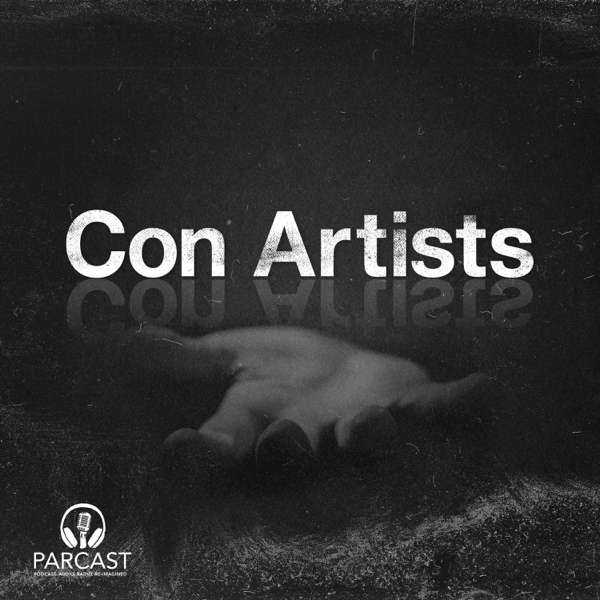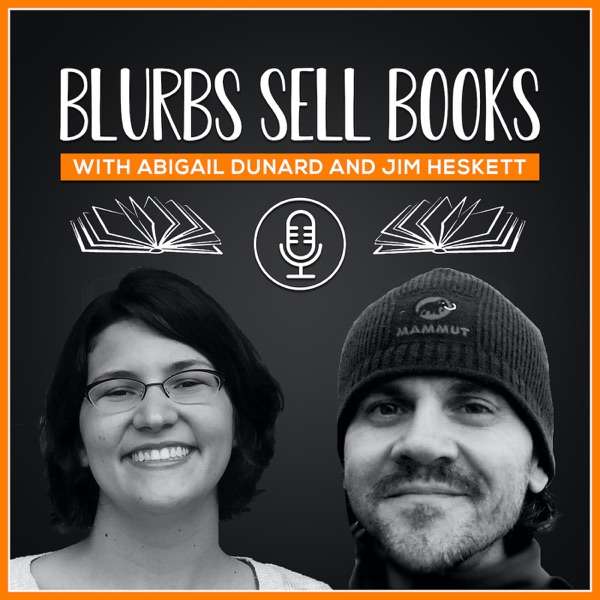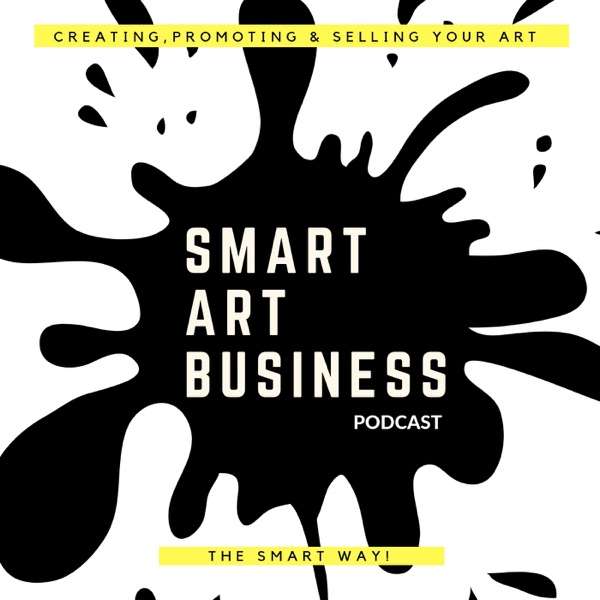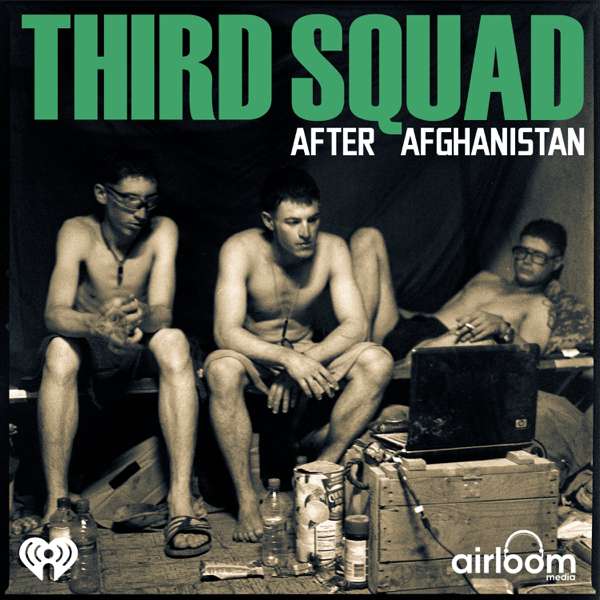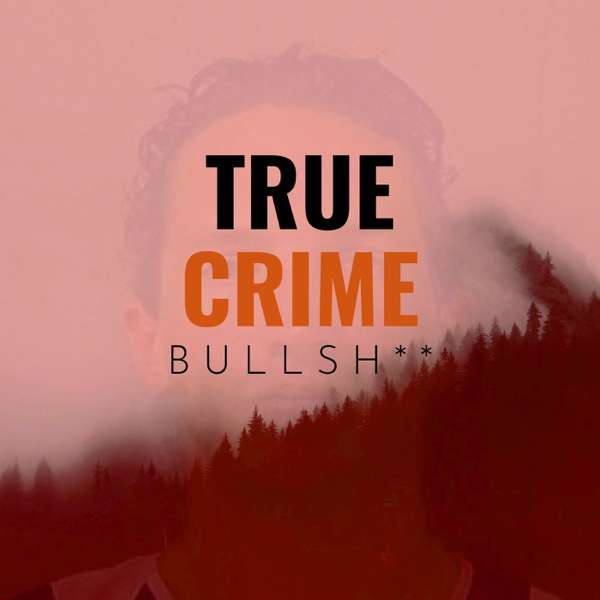Today's episode is a little bit different. It's a solo one, rather than an interview. But this week I wanted to do a solid reflection, or perhaps even a rant, on something I've been thinking about a lot, especially in the last few weeks.
This episode is entitled "What's Wrong With Indie Publishing" or rather, "3 Things I Worry About And That I Think Could Improve Indie Publishing"
I went with the first title because it's a bit shorter and has a more active tense to it.
--------- This episode has been sponsored by Findaway Voices. Findaway Voices provides all the tools that an independent author or small publisher needs in order to get into the digital audiobook market.
Check them out at www.starkreflections.ca/findaway.
---------
The title of this episode is WHAT'S WRONG WITH INDIE PUBLISHING. But the purpose isn't to slam, it's to support and help self-publishing, indie publishing and all the amazing opportunities that come out of the evolution of publishing in all its aspects.
I love self-publishing, and actually started in this space back in 2004 with a POD collection of short stories called ONE HAND SCREAMING. That experience opened up my eyes to the possibilities that occurred when you didn't have to wait for the gatekeepers of traditional publishing.
ISSUE ONE: POWER Versus RESPONSIBILITY.
Digital publishing has removed the gatekeepers of traditional publishing. You don't need approval from someone sitting behind a mahogany desk in New York to say you are good enough to be published. You can create a free account at Amazon, at Kobo, at Apple, at Nook, or at Smashwords or Draft2Digital or one of a dozen other great aggregators who'll distribute your book, and you'll have your ebook live in anywhere between 3 to 48 hours.
But, to paraphrase a quote from Jeff Goldblum's character in the original Jurasic Park move, "You were so busy wondering if you could that you didn't stop to think if you should."
We have given writers the ability to push the buttons, to publish direct; this amazing power. But we haven't given them all the support, all the information, all the elements to help them make intelligent and informed decisions.
The only players that seem to invest heavily in attracting newbees are the sharks, the predators, the "Author Solutions" style companies out there whose business model isn't to make money selling books, it's making money off of the hopes and dreams of authors; by selling them snake oil, selling them un-necessary marketing packages, etc.
That's why conferences that fous on helping provide writers with a well balanced perspective of traditional publishing and digital publishing, including self and indie publishing are a gold mine.
But you don't need to attend an expensive conference. There is so much information available for free. Is it possible that so much of the amazing free information is being ignored the same way that people tend to put little stock in something that they have acquired without a cost?
If you paid, even a little, for that advice, would it be worth more to you? Would you weigh it more carefully? Consider this: the time you spend reading and listening to free information DOES cost you. It costs you time; an investment of your time that you could have spent writing. Remember that cost, consider that cost, and carefully consider all the free advice and information that can help you wield that power with great responsibility.
ISSUE TWO: THE "MAINSTREAM" OF INDIE PUBLISHING
Have you ever watched a group of 5-year-olds play soccer?
They're all just chasing after the ball. The ball goes left, the entire mob follows it left. The ball goes up-field, the entire mob scrambles to chase it.
One person takes the ball and is making their way down the field and the entire rest of the field of players chase madly after them, a chaotic scrambling. Nobody is playing their own position, nobody is leveraging their own skills and spots and overall strategies. They're just madly bouncing around the field mindlessly chasing the ball.
But here's the reality. There isn't a single ball. Yes, you can and should learn from others, you should pay attention to the great experiments that others are doing, but you need to know where your own ball is going, where it's going to be, and you need to work towards that.
Brandon Sanderson gives a talk where he shares a joke about the publishing industry. He says that the minute a new author finds a way to break a hole in the gate that prevents new successful authors from "arriving" the industry madly scrambles to go patch that hole so that nobody else can get in that way.
It's cute and funny, but it's sort of true. And it's true in the indie author community. There's no point looking for the holes that other people made and slipped through. Those holes might be closed, either by the saturation of everyone else trying to squeeze through those holes, or those holes just naturally close up due to changes in to atmosphere.
You need to focus on your own unique path, find your own unique niche, your own unique holes; keep poking, keep working, focus on your strengths, focus on your long term goals - you'd be surprised how much luck happens to those who work tirelessly in pursuit of their own unique path and vision.
ISSUE 3: EXCLUSIVITY
So much of what is possible in self-publishing today is possibly because of the launch of the Kindle and specifically the amazing free tools that Amazon created in Kindle Direct Publishing.
It's ironic, then that Amazon is the company that continually forces authors into one of the largest ongoing debates in the indie author community - known as "GOING WIDE OR BEING EXCLUSIVE."
In some spaces, the divisiveness between GOING WIDE and BEING EXCLUSIVE can get as passionate and as vicious as the Left Wing and Right Wing Division that the United States has been living in the shadow of for the past couple of years.
I know there are plenty of authors who are making a killing publishing direct to Amazon and being exclusive to Amazon using the SELECT option within KDP. And I'm glad that those authors are making great money, many of them are bringing in 5 figure incomes every single month, are easily hitting 6 and 7 figure incomes every year.
But I would argue that if you are exclusive to a single giant corporate retailer, you can't in all honesty, call yourself an indie author. You're not an independent author. You're a corporate author. You are reliant on a single powerhouse retailer for all of your income.
I'm not going to go about fear mongering and speculate on what might happen if Amazon disappears or they without warning, change the rules.
I'm happy for those who are making a real living off of writing due to being exclusive to Amazon. If you are reaching your personal goals for writing; if you're making an awesome income being exclusive to Amazon; that's great. I hold nothing against you - other than your use of the term "indie" or "independent" author. I would argue that you can't truly call yourself that. Perhaps there should be a term for it.
If not "Corporate author" or "Author whose income is 100% dependent on a single company and whatever whims it chooses" then perhaps just be honest and call yourself an "Amazon author."
I say it jokingly, but part of me is serious, part of me just wonders.
And I don't really have a solution to this, because I truly believe that every single author has to make decisions and follow paths that are right for them. Let's just not use an incorrect term to describe or define ourselves, shall we?
Links of Interest:
Findaway Voices (Sponsor)
Superstars Writing Seminars
------
The music for this podcast ("Laser Groove") was composed and produced by Kevin MacLeod of www.incompetech.com and is Licensed under Creative Commons: By Attribution 3.0

 Our TOPPODCAST Picks
Our TOPPODCAST Picks  Stay Connected
Stay Connected


